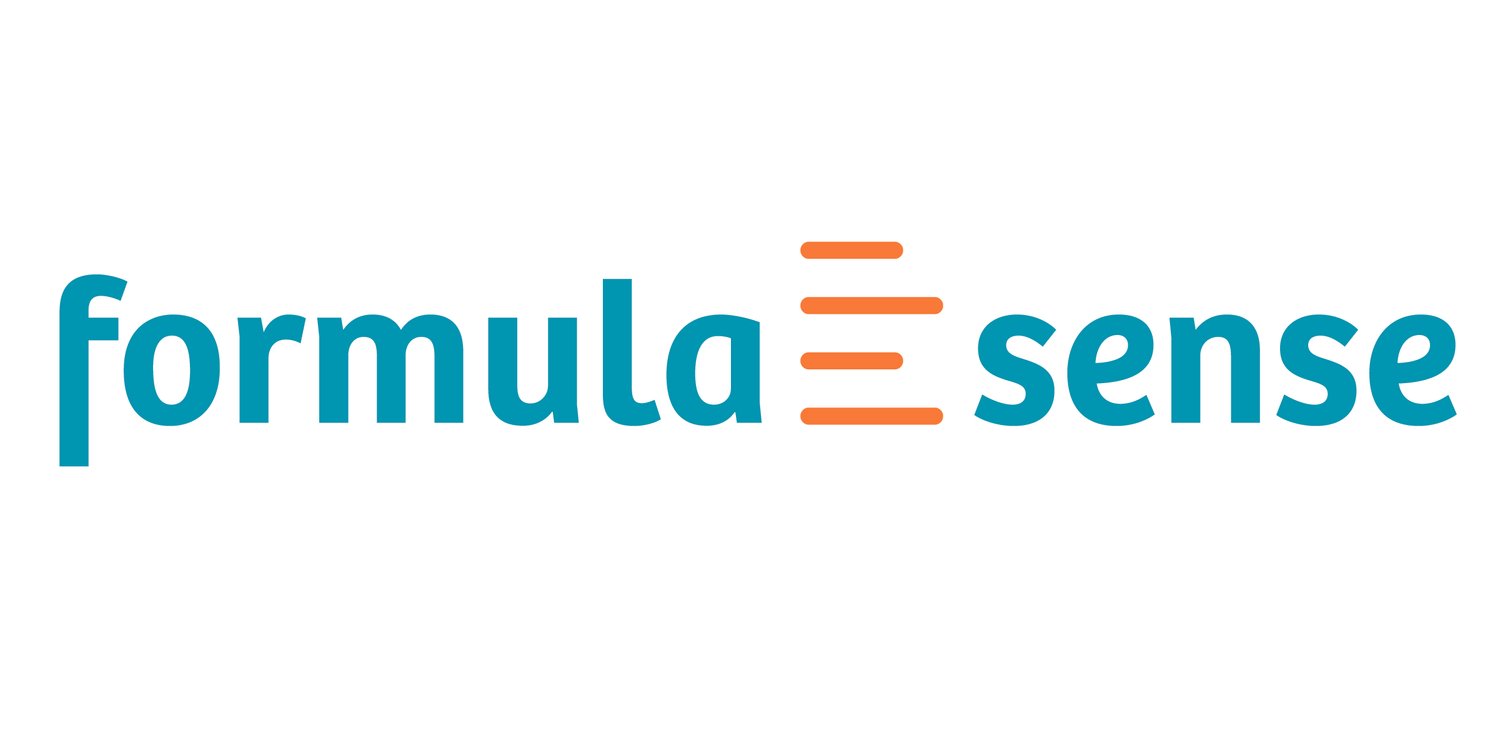Why Inositol is Vital for Infant Growth and Development
As a parent, ensuring the best nutrition for your little one is of utmost importance. And when it comes to infant health, there's a nutrient that often goes unnoticed but plays a vital role in their overall development - inositol.
Laura Hunter/Formula Sense
Inositol is a naturally occurring carbohydrate that is found in milk and many other foods. It is crucial for various physiological processes in infants, including brain development, nerve function, and healthy cell growth.
So, let's dive into the world of inositol and discover its significance in supporting your little one's health.
What is inositol and why is it important for infants?
Inositol (pronounced [i-NOS-eh-tol) is a naturally occurring carbohydrate. Unlike other carbohydrates, inositol is not digested and used for energy; rather, it is absorbed and used to form other larger molecules.
You can think of inositol as an key ingredient, as a subunit or molecular precursor for larger, complex compounds such as proteins, hormones, neurotransmitters, and cell membrane. Here are just a few the ways inositol supports tissues and processes:
A key part of pulmonary surfactant, a complex cocktail lung cells make that is needed to breath.
In cell membranes (as part of phosphatidylinositol) helping to maintain cell structure and integrity.
For transmission of signals between cells, ensuring proper communication within the nervous system. I’ll cover more on inositol and the brain in the next section.
According to very recent research, it likely has antioxidant and anti-inflammatory properties.
Lastly, inositol is involved in the complex insulin signaling network (and may even be helpful for adults with insulin resistance!)
The role of inositol in brain development
One of the key areas where inositol plays a significant role in infant nutrition is brain development. The brain undergoes rapid growth and maturation during the early years of life, and inositol is essential for this process.
The brain is teeming with inositol and is found on the glial cells, the helper and supports for nerve cells. It is involved in the formation and maintenance of myelin, a fatty substance that surrounds nerve cells and acts as insulation. This insulation is crucial for efficient nerve signal transmission, allowing different areas of the brain to communicate effectively.
Mice and cellular studies published in 2023 show that inositol is crucial for forming connections between brain cells. Brain functioning depends on the strength and complexity of relationships between neurons, a concept called neuronal connectivity.
Inositol and preterm infants
Because inositol is crucial for surfactant, its role in treating or preventing respiratory distress syndrome in preterm infants has been studied extensively. Infant respiratory distress syndrome (RDS) causes significant problems with breathing. It happens most often in preterm infants.
Although it sounds good in theory to provide preterm infants with RDS with additional inositol, it does not improve outcomes including for chronic breathing problems, eye problems, bleeding in the brain, infections, or even infant death.
Inositol in breast milk vs. formula milk
Inositol is naturally present in breast milk, although like other nutrients the amount varies between mom and the infant’s age. Levels are highest in the first two weeks after birth. A typical 2-week-old infant receives between 81 to 129 mg of inositol each day from human milk with an average of 105 mg per day. Milk-based formulas contain between 19 and 24 mg inositol for every 100 calories prepared formula. Therefore, a typical, fully formula-fed 2-week-old infant receives about 105 mg per day, the same as the average breastfed infant.
The US FDA requires inositol to be added to soy formulas (and any other non-milk formula that may come to the market). Plant-based formula like soy milk must contain at least 4 mg per 100 calories. An typical 2-week-old infant drinking a plant-based formula at this minimal level would receive around 18 mg inositol, which is far below what a breast-fed or cow’s milk formula fed infant receives.
Don’t let this difference scare you! We do not rely on food to provide all our inositol needs. All of us, babies included, can make our own inositol from glucose. Also, soy formulas typically contain more than the minimum amount, sometimes as much as is found in milk-based formulas.
Dietary Considerations for Inositol in Infant Formula
Animal products are not used to make inositol that is added to formulas. Inositol is also naturally present in cow’s milk. Added and natural inositol together make up the total amount of inositol in formula. Inositol has no known dietary restrictions for cultural or religious reasons.
Key Take Aways
Inositol is often unrecognized, however it plays a crucial role in infant nutrition, supporting many physiological processes that are essential for optimal growth and development.
Inositol is is many foods and in breast milk. The body can also make inositol from birth.
From brain development to overall cellular function, inositol is involved in numerous aspects of brain and metabolic health.
Formula has inositol from the cow’s milk and also add inositol. Plant-based formulas must have inositol added per US FDA regulations.
Formula-fed infants receive very similar amount as exclusively breastfed infants receive. Parents shouldn’t worry about the amount of inositol their formula-fed babies receive.
Search our infant formula ingredient database to learn about other infant formula ingredients.


